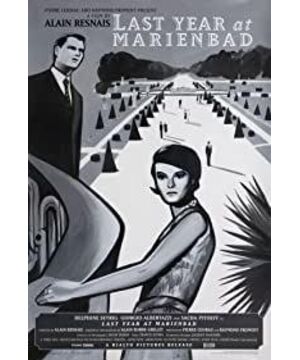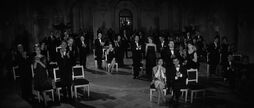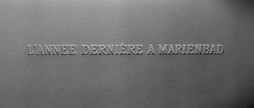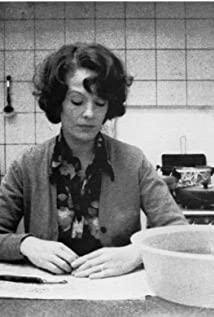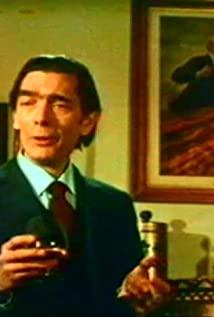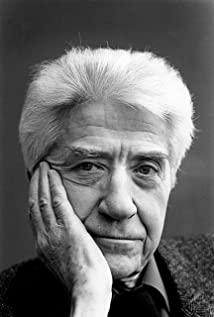The amazing thing about this film is that it transcends the intertwining of the present and the past, and achieves the coexistence of the virtual and the real. Memories and reality merge. The male protagonist turns on the hypnotic mode to pick up girls throughout the film. The sentences are repeated to the point of outrageous, like babbling. In addition, the music with strong tension often appears in a way that escapes and without warning. In the 100 minutes, I felt more than once that this was clearly a horror film that crossed Chencang in the dark. In order to achieve this narrative style, the film develops amazing scene scheduling and camera movements, resulting in a shocking image style that I have never seen before.
View more about Last Year at Marienbad reviews


